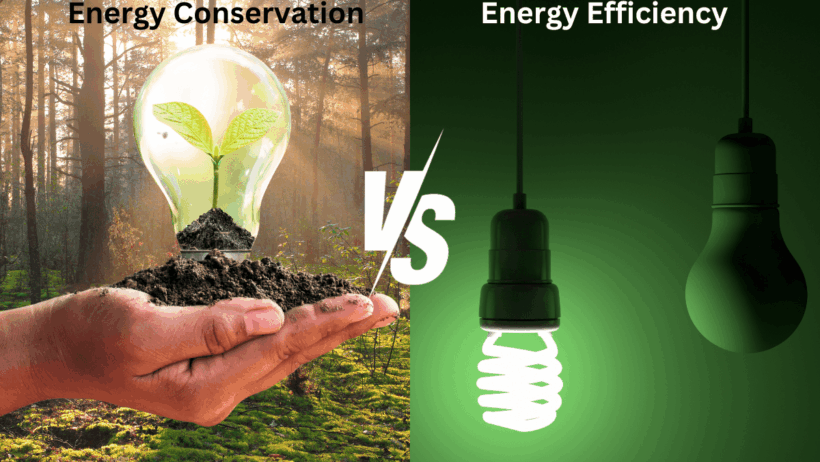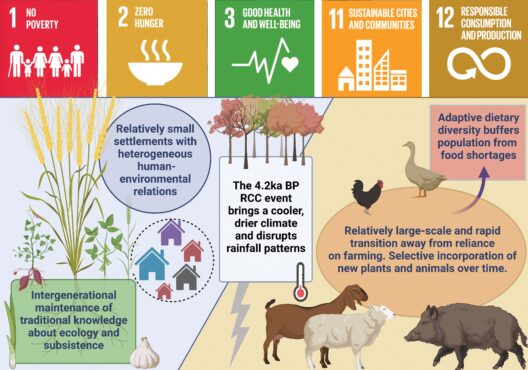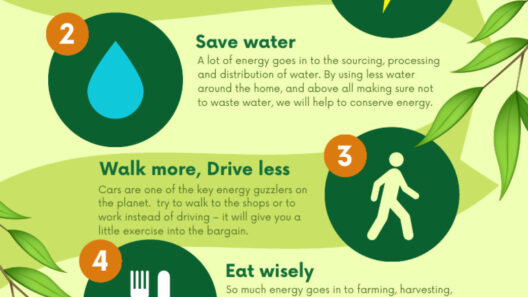Energy efficiency has long been lauded as a pivotal solution to myriad environmental challenges. The notion that we can do more with less—consume less energy while maintaining or even enhancing our quality of life—sounds appealing. However, a growing body of evidence suggests that an over-reliance on energy efficiency as a panacea may sidestep more profound issues inherent in our consumption patterns. In this discourse, we unravel the conundrums surrounding energy efficiency and highlight the salient need for energy conservation.
At the core of the dilemma lies a critical observation: energy efficiency does not inherently reduce energy consumption. Rather, it often results in a phenomenon known as the “rebound effect.” This paradox occurs when improvements in efficiency lead to lower operating costs, thereby encouraging consumers to use more energy. For instance, more fuel-efficient vehicles might lead drivers to travel longer distances, ultimately negating the anticipated benefits of enhanced efficiency. Such a scenario underscores a vital question: are we genuinely reducing our energy footprint, or simply gaining permission to consume more?
Societal adherence to energy efficiency stems from a culture steeped in convenience and immediacy. This proclivity is interwoven with modern living; gadgets, appliances, and vehicles are designed to operate with minimal energy consumption. Yet, while these innovations exemplify technological advancement, they often fail to convey the broader implications of unrestrained consumption. This neglect can obscure the intricate relationship between energy efficiency, consumer behavior, and environmental sustainability.
Furthermore, energy efficiency initiatives may inadvertently perpetuate an illusion of adequacy. Policy frameworks frequently promote energy-efficient technologies without a corresponding emphasis on consumption restraint. The result is an environment where individuals and industries can feel virtuous about their energy-saving choices while neglecting the overarching goal of reducing total energy use. This dissonance underscores the necessity for a paradigm shift toward energy conservation—a conscientious approach that not only advocates for efficiency but also emphasizes the importance of reducing overall consumption.
The distinction between energy efficiency and energy conservation is pivotal. While efficiency pertains to the optimization of energy use in a given context—be it a home, factory, or vehicle—conservation focuses on the act of reducing overall energy demand. This measurable difference becomes particularly relevant when assessing the environmental impact of our choices. Conservation requires engage, not just in utilizing less energy, but also in reevaluating our habits, our infrastructure, our consumption patterns, and ultimately our values.
Cultural norms play an insidious role in shaping energy consumption behavior. Predominantly, societies emphasize technological solutions while concurrently downplaying the importance of individual actions. This fixation becomes a challenge when collective responsibility is obscured, fostering an environment where individuals might abdicate their influence over energy use. The narrative often veers towards policy changes and technological advancements, while the importance of individual choices can be overlooked. It is essential to recognize that every decision—from the thermostat setting at home to the type of vehicle driven—cascades into larger environmental impacts.
Employing a conservation-minded approach involves a wholesale shift in mindset. Instead of viewing energy as an abundant commodity, it should be considered a finite resource necessitating careful stewardship. Emphasizing the conservation ethic empowers individuals to actively participate in reducing demand. Simple gestures like turning off lights, forgoing unnecessary trips, or prioritizing public transportation can engender significant reductions in overall energy use.
Moreover, the integration of renewable energy sources into the conservation discourse amplifies its efficacy. While energy efficiency aims to optimize the use of existing systems, conservation complements this by reducing dependency. Emphasizing renewables within the conservation framework invigorates the conversation and posits that a comprehensive approach can yield substantial environmental benefits. For instance, increasing reliance on solar or wind energy mitigates not only our reliance on fossil fuels but simultaneously reinforces the necessity of reducing energy use overall.
It is imperative to confront the challenges associated with institutional inertia. Many organizations allocate considerable resources to enhance efficiency yet remain reticent to embrace a conservation-first mentality. This characteristic reflects a reluctance to upset the status quo; however, the environmental stakes warrant such upheaval. Engaging stakeholders and instilling a culture of conservation requires deliberate efforts, from corporate governance policies to grassroots activism, ensuring that sustainability permeates all levels of decision-making.
In parallel, policymakers wield significant influence in redirecting the focus towards conservation. By crafting legislation that prioritizes sustainable practices and incentivizes energy reduction over mere efficiency gains, governments have the potential to transform societal norms. For instance, implementing tariffs on excessive energy use or providing tax incentives for energy-saving renovations not only rewards conservation efforts but simultaneously aligns economic motivations with environmental imperatives.
Ultimately, the conversation around energy efficiency must evolve to encompass a broader consideration of energy conservation. Emphasizing the importance of reducing overall consumption while embracing efficiency can yield effective solutions to our most pressing environmental challenges. It is incumbent upon individuals, organizations, and policymakers alike to acknowledge that energy efficiency, while beneficial, will fall short if not complemented by a robust commitment to conservation. By weaving together efficiency with a commitment to curtailing energy use, society can pave the way for a more sustainable future.
In conclusion, while energy efficiency represents a cog in the wheel of sustainability, it cannot stand as the sole axis around which our energy consumption revolves. The propensity to conflate efficiency with conservation could inadvertently hinder progress. Thus, foster a paradigmatic shift that prioritizes conservation efforts, ensuring we not only embrace innovative technologies but also engage in responsible consumption practices that safeguard our planet’s future.







